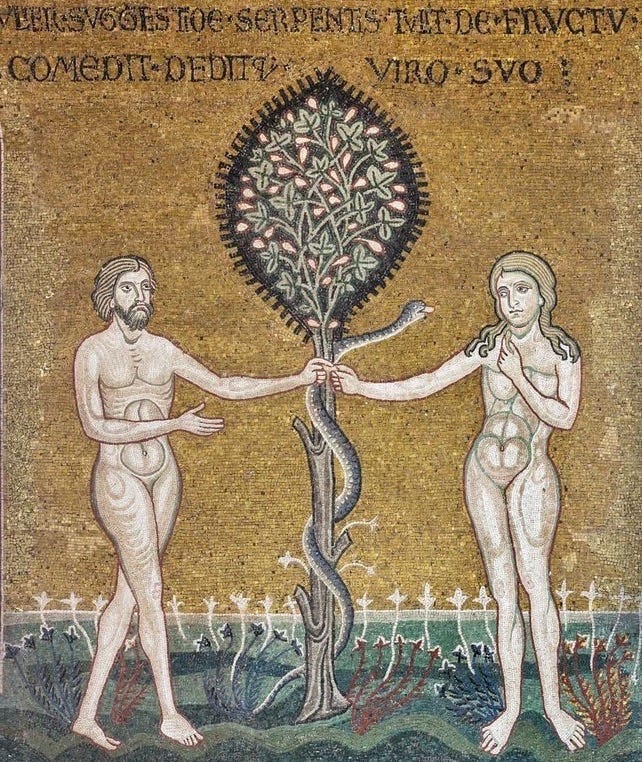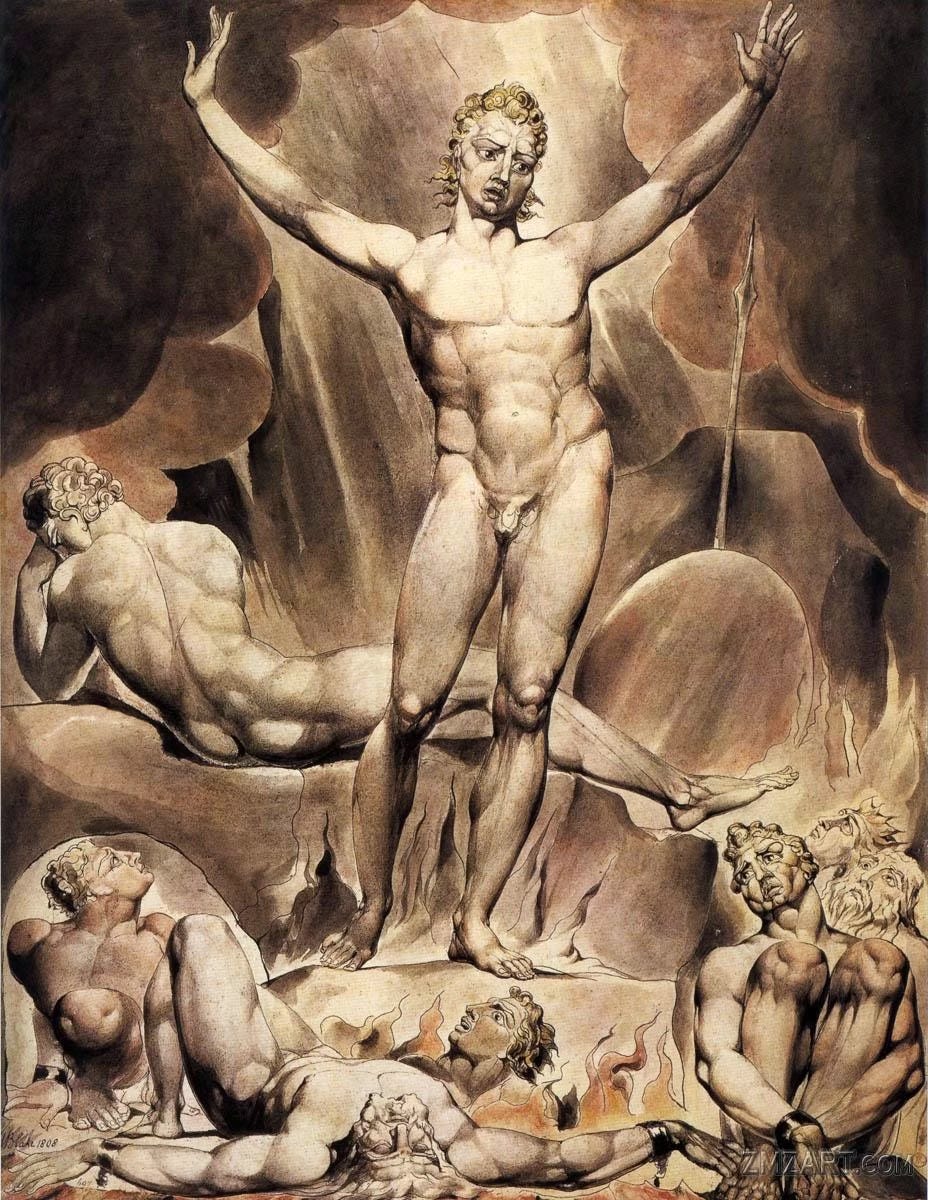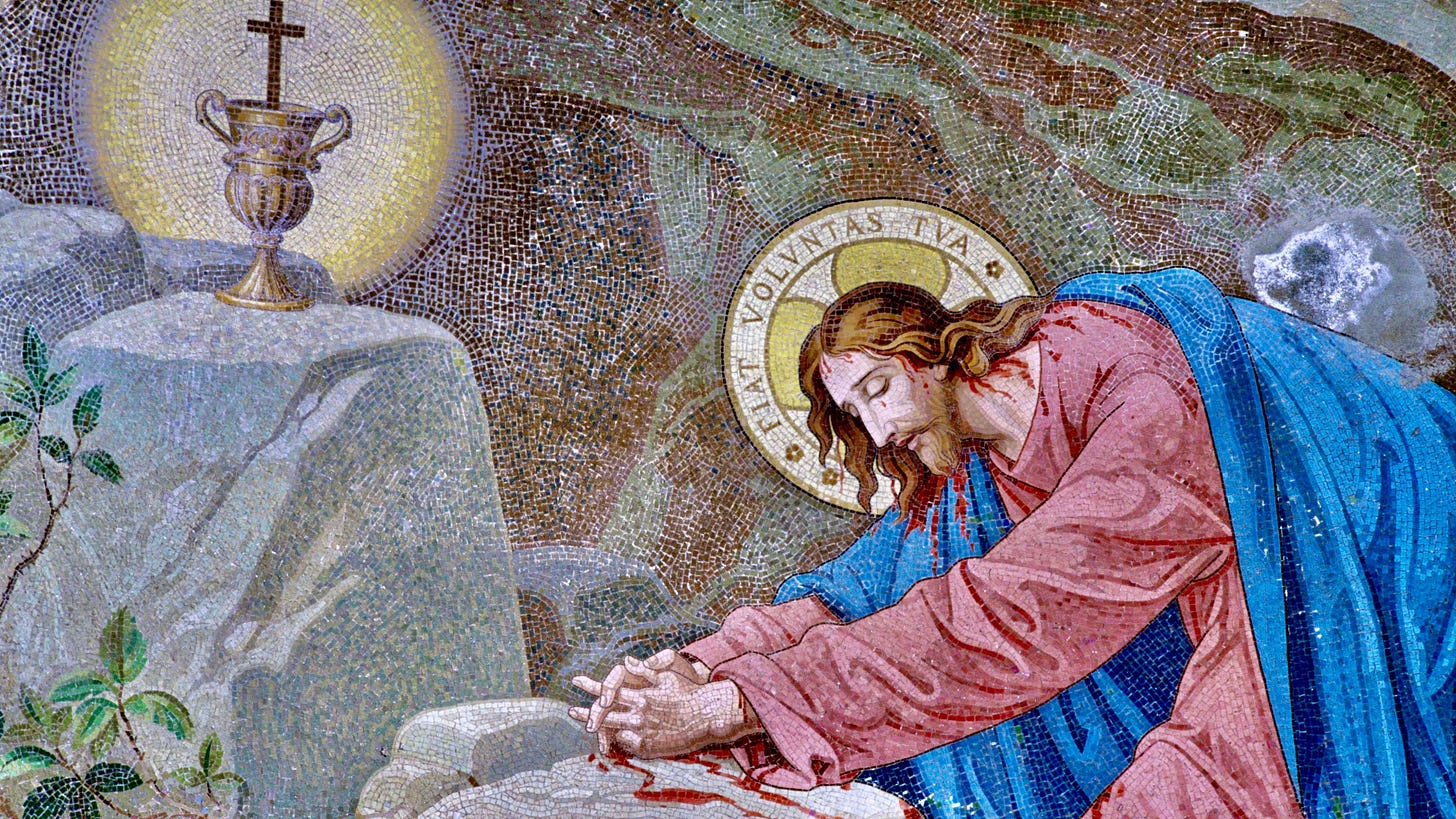While the concept of sin is only within Abrahamic religions, we can see glimpses of it throughout Eastern traditions as well, under the alias of “karma”. Although karma is essentially different, there is the same general idea—the actions you perform in this lifetime will determine your fate after death.
Sin: an immoral act considered to be a transgression against divine law.
Karma: the sum of a person’s actions in this and previous states of existence, viewed as deciding their fate in future existences.
An aspect of both sin and karma is the sense of having no control over either. For example, Christianity believes we all suffer from “original sin”, meaning the innate urge to sin due to the consequences of Adam and Eve’s disobedience to God. And with karma, an individual is born into life circumstances which are influenced by actions performed in their past life.
Along with this uncontrollable aspect, we each perform daily actions which may or may not be karmic or sinful. The consensus for both ideas is: immoral behavior is unavoidable. So, if sin is something that cannot be entirely avoided, how are we to escape?
Our personal relationship with sin varies. Still, there are many who struggle in a cycle of sin which is often associated with extreme humiliation.
This is not shocking, for even Adam and Eve felt this initial reaction to their sin. There is something important to be examined about the vicious cycle of sin and shame that travel through the hearts and minds of those who practice Abrahamic religions. The two—sin and shame—are always interconnected.
Thomas Aquinas on Sin
An age old question is this: are humans inherently good or evil? Hearing the question, personally I am inclined to say good—of course we are! How could we not be? For all the goodness I encounter, we must be born good!
But I also know there is inescapable evil and inevitable sins we cannot hide from. The answer to this question is neither one or the other, and both.
Luckily, we have the brilliant mind of Aquinas to examine. He believed that human beings are naturally inclined towards goodness regardless of having a sinful nature. In Summa Theologica, he states:
“It would seem that sin does not diminish the good of nature. For man’s sin is no worse than the devil’s. But natural good remains unimpaired in devils after sin, as Dionysus states (Div. Nom. iv). Therefore neither does sin diminish the good of human nature.”
This idea that even Satan carries aspects of his goodness—intelligence, cleverness, spiritual powers—is quite fascinating, and impossible to deny. Indeed this prideful devil still has character traits we associate with being pleasurable.
Well, this is good news for us. Even as sinners, we carry God’s image of goodness. Aquinas’ idea is that sin can certainly diminish this good aspect of our human nature—but not entirely, and not to our cores.
What is ultimately within our control is deciding what we do with our sin. Do we succumb to shame? Or be empowered by this knowledge of being inherently good?
Sin is anything that goes against God’s divine law (i.e., the Ten Commandments) and rebelling against God. There are also the seven deadly sins—lust, pride, greed, sloth, wrath, envy, and gluttony. We are all subject to these sins.
As I mentioned, the first emotion Adam and Eve felt after sinning was shame. I am sure you can relate to this immediate response to sin. I am not going to say this is necessarily wrong, for if you did not feel bad about sinning I would be quite concerned for your soul.
However, many of us get stuck living in this shame. Like we deserve to feel the consequences of sin permanently because we are constantly subject to sinning.
But it is important to recognize this difference between sinning and shame. Shame is not the sin, it is the response to sin. And it is a lie that you must feel this monstrous emotion forever.
We can tolerate our sinful nature while also recognizing our continual strive to goodness, and accept the free gift of forgiveness given to us by Jesus. This gift is a choice—usually a choice determined by our shame.
If we do not extend His forgiveness to ourselves and harbor this shame that so often attaches itself to sin—how are we to grow in our walk with Christ? We will certainly be subject to a repeating cycle of disobedience.
Redefining Sin
No, I am not going to propose an entire new definition of sin. We know that we cannot decide for ourselves what sin is and isn’t—for that would be true rebellion against God.
But something that helped me (quite literally never fall into a shame cycle again) is viewing sin as this: an immoral act that goes against the well-being of myself and others within society.
God’s law is there for a reason. It is not to punish, but to maintain divine order. Anything impairing this order is essentially impairing ourselves and others.
You must ask yourself: Do I care for my own soul? Do I have genuine concern for the world around me? Not in a passing sentiment—but with a depth of compassion that reflects the heart of God? This awareness unlocks a new way of viewing sin and can begin to break the cycle of shame that surrounds it.
It is actually quite simple. If I do care with the limited amount of love I have within myself, it would be irrelevant to live in my shame—which essentially is unforgiveness. If I do have compassion, it must extend to myself.
God has called us to live a life that is free from sin and shame. The former is only diminished through Him. The latter is diminished through ourselves, with His help.
Not long ago, I was in a prayer session—coming before The Father with my doubts, fears, failures, and ultimately, my shame. In the silence, God spoke to my heart: “Walk like you are healed.” And that changed everything for me. Yes, I will continue to fall into sin, but true healing is this: accepting the forgiveness and mercy of Our Father.
How would we look if we were doing just that? Not walking in our shame—but walking in His endless love (which cannot discount yourself!)
Our humble C.S. Lewis said it best,
“I think that if God forgives us we must forgive ourselves. Otherwise, it is almost like setting up ourselves as a higher tribunal than Him.”
What a holy conviction! We are often so focused on our shame that we ignore God’s mercy. And I don’t know if anything could be more offensive to Him than that. Do not disrespect the cross by continuing your sin-shame cycle. You are called to be free. Let us move like it.





I love that Aquinas quote because it implies that even though sin rules this world, God is so much more powerful than sin. What God has proclaimed “good” and in His image (us) not even sin can fundamentally defile, despite our tendency to fall into it. Christ is victorious!